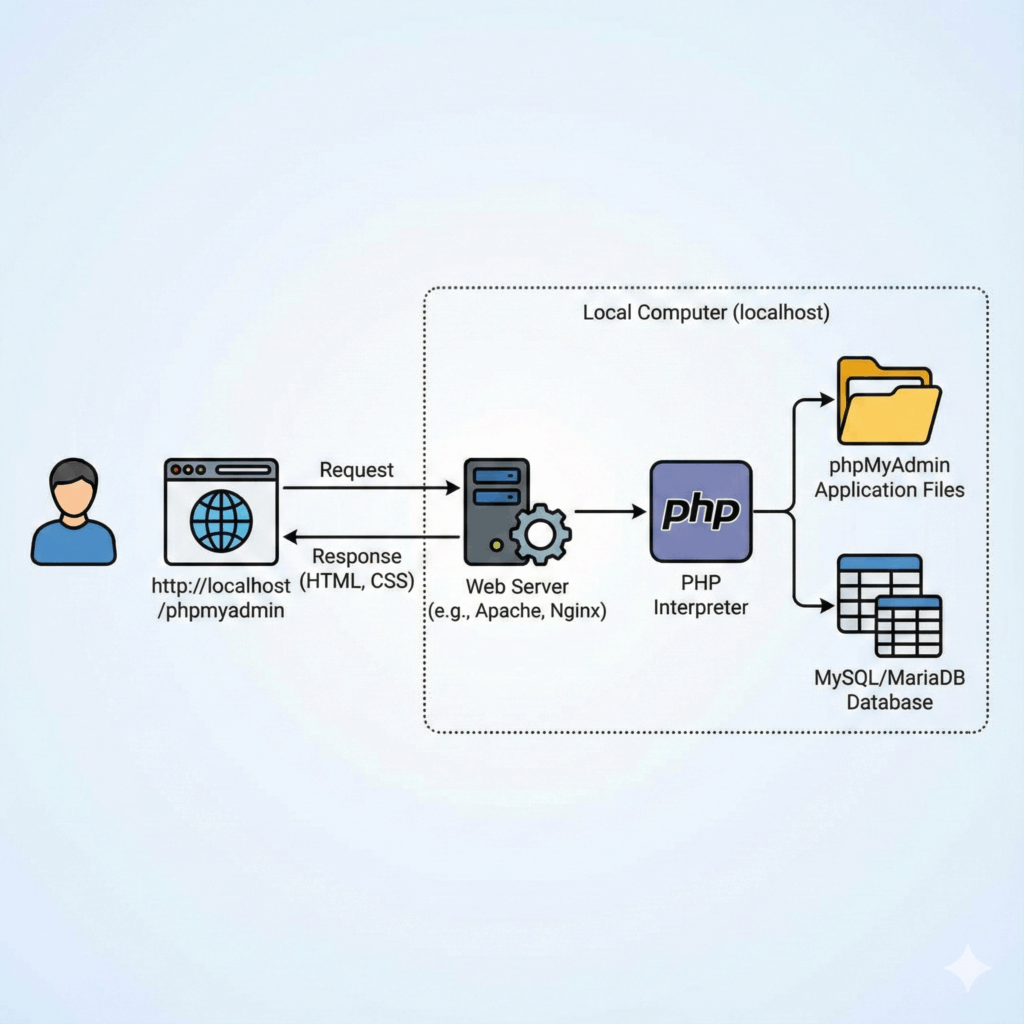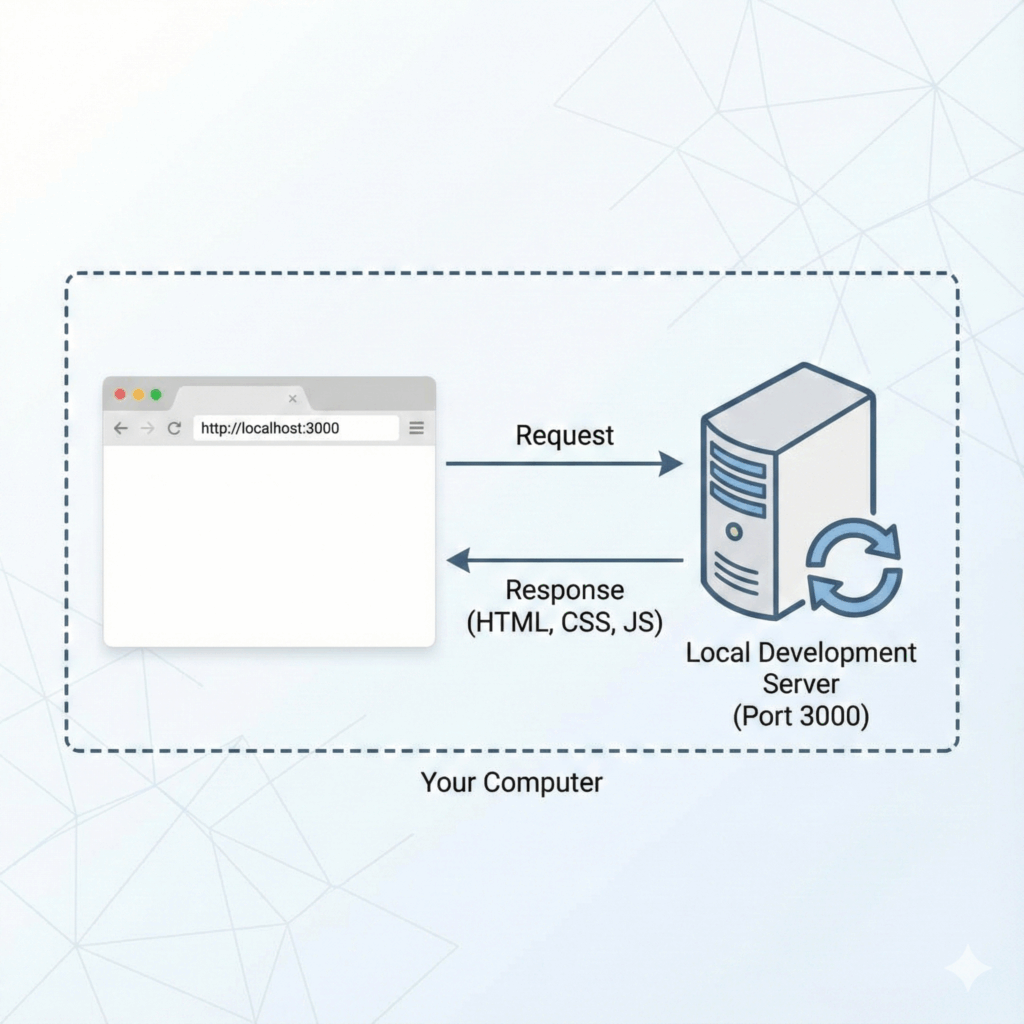In today’s digital-first academic environment, students rely on online platforms for everything from research to writing support. These platforms handle large amounts of sensitive information – names, contact details, payment data, and even academic records. The stakes are high. A single breach could expose personal information and damage trust beyond repair.
Essay writing service providers are not just content creators; they are also custodians of data. With cyberattacks becoming more sophisticated each year, maintaining security is no longer optional – it’s a core part of the service.
For students who depend on university assignment help, security is often as important as the quality of the writing. Professionals like Mira Ellison from AssignmentHelp emphasize that maintaining airtight data protection isn’t just about technology; it’s about safeguarding academic integrity and client confidence.

The Sensitive Nature of Academic Data
Unlike many e-commerce platforms, essay writing services often deal with highly personal details tied to a student’s academic identity. This can include:
- Assignment guidelines and coursework details.
- Personal identifiers such as names and student IDs.
- Payment card or banking information.
- Communication logs between students and writers.
If such data falls into the wrong hands, the consequences can range from identity theft to academic misconduct investigations.
Common Cybersecurity Threats to the Industry
The academic writing industry faces the same digital threats as other online businesses, but with added layers of sensitivity due to the nature of the data. Some of the most pressing challenges include:
- Phishing Attacks: Hackers target both staff and students through deceptive emails designed to steal login credentials.
- Ransomware: Malicious software encrypts files and demands payment for their release.
- Data Interception: Unsecured networks can allow cybercriminals to capture communication between clients and service providers.
- Unauthorized Access: Weak passwords or poor authentication processes can let intruders into databases.
Each of these risks threatens the trust students place in their chosen service.
Compliance and Legal Responsibilities
Data security isn’t just good practice – in many countries, it’s a legal requirement. Regulations such as the GDPR in Europe or CCPA in California mandate strict controls over how personal data is collected, stored, and used.
For essay writing services, compliance means more than simply having a privacy policy on their website. It involves regular security audits, encryption protocols, and documented processes for responding to breaches. Non-compliance can result in heavy fines, reputational damage, and loss of clients.
Balancing Security with User Experience
One of the biggest challenges in securing academic platforms is finding the balance between robust security measures and user convenience. Overly complicated logins, excessive verification steps, or rigid communication limits can frustrate clients. On the other hand, too few safeguards can leave the system vulnerable.
The most successful providers integrate security seamlessly into the customer journey. For instance, using two-factor authentication via email or app adds protection without slowing down the ordering process.
The Role of Encryption in Safeguarding Data
Encryption is a key defense in the fight against cyber threats. By converting sensitive data into unreadable code, encryption ensures that even if attackers gain access to a database, the information remains useless without the correct decryption key.
Providers should apply encryption not only to stored data but also to communications. Secure Sockets Layer (SSL) certificates are essential for protecting information exchanged through websites.
Internal Threats and Staff Training
Cybersecurity risks don’t always come from outside. Human error, negligence, or even malicious intent from employees can cause significant damage. That’s why staff training is a critical part of a provider’s security strategy.
Regular workshops on identifying phishing attempts, handling sensitive documents, and following secure login practices can reduce the likelihood of internal breaches.
Best Practices for Student Data Protection
Reliable essay writing service providers adopt multiple layers of defense to minimize risks. Common strategies include:
- Strong password policies for both staff and clients.
- Multi-factor authentication for account access.
- Regular system updates and security patches.
- Segmented data storage to reduce exposure in case of a breach.
- Routine vulnerability testing and penetration audits.
These measures not only prevent incidents but also reassure students that their information is in safe hands.
Incident Response: Acting Fast When Things Go Wrong
Even the best security systems can be tested by advanced cyberattacks. What separates trustworthy providers from the rest is their ability to respond quickly and transparently.
An effective incident response plan includes:
- Immediate isolation of affected systems.
- Rapid communication to affected clients.
- Collaboration with cybersecurity experts to identify vulnerabilities.
- Implementation of stronger safeguards to prevent recurrence.
Providers who handle breaches with professionalism can preserve much of the trust they’ve built with clients.
Why Students Should Care About Security When Choosing a Service
Many students focus on price, turnaround time, or quality of writing when selecting an essay provider. Security often takes a back seat – until something goes wrong. Yet, safeguarding personal and academic data is essential for avoiding bigger problems in the future.
When researching potential services, students should look for clear security policies, verified payment systems, and evidence of compliance with data protection laws. A provider’s transparency about their security measures speaks volumes about their professionalism.
Final Thoughts
Data security in the academic writing industry is more than a technical challenge – it’s a matter of trust, responsibility, and ethics. As cyber threats evolve, so must the defenses of essay writing service providers.
For students, choosing a provider with robust security measures is as important as evaluating their writing skills. With sensitive academic and personal information at stake, the safest choice is one that combines quality work with airtight digital protection.



